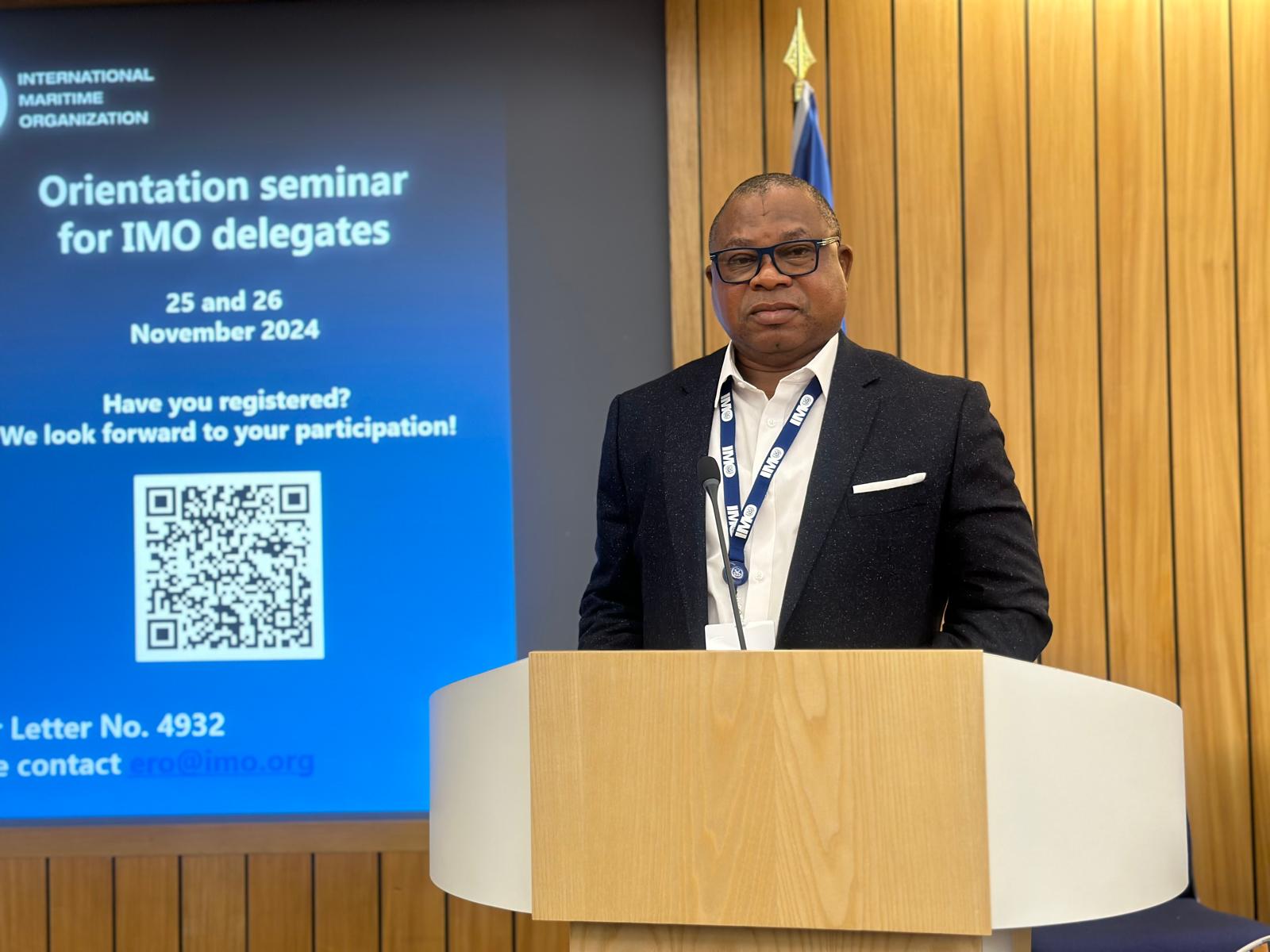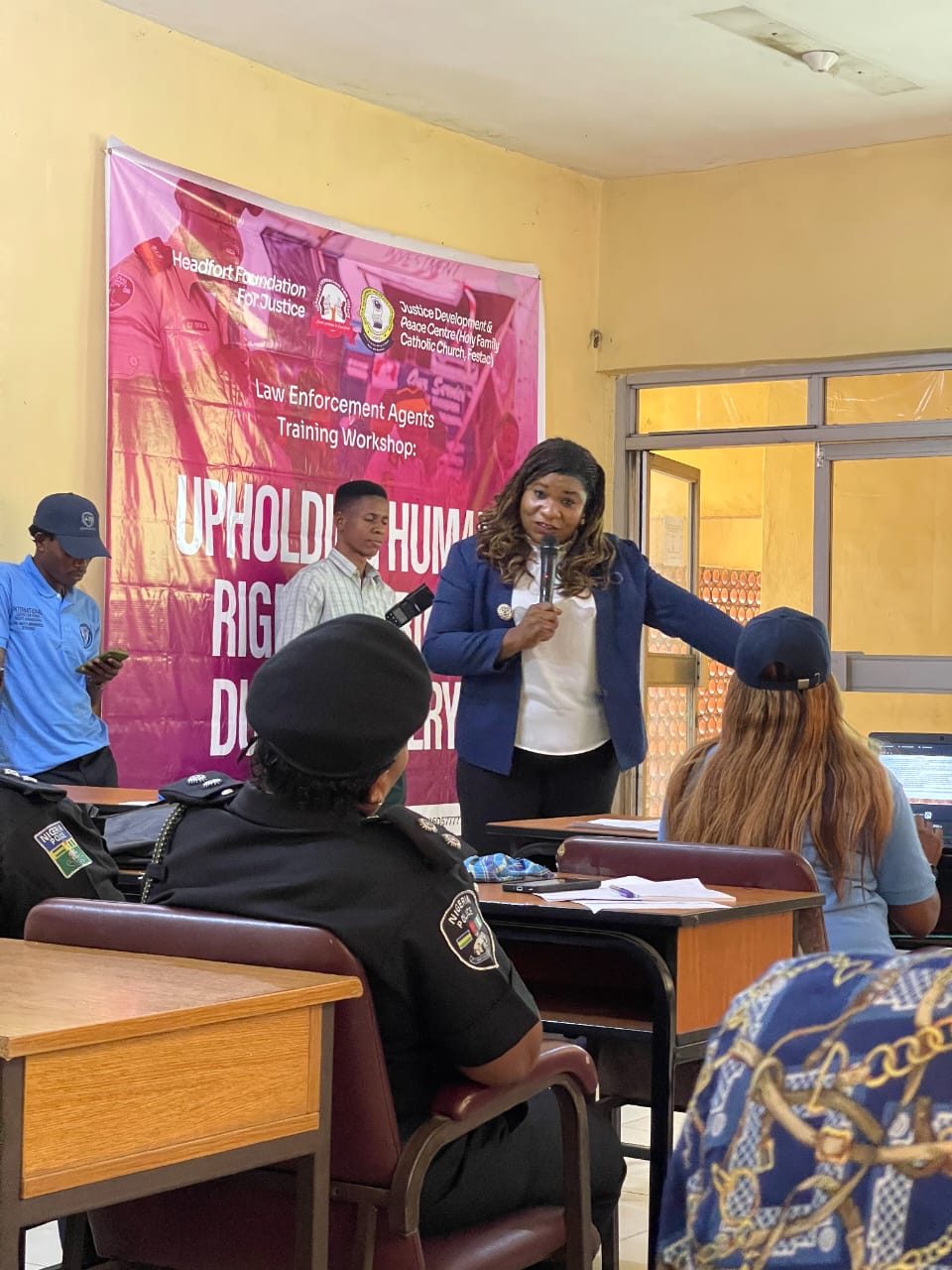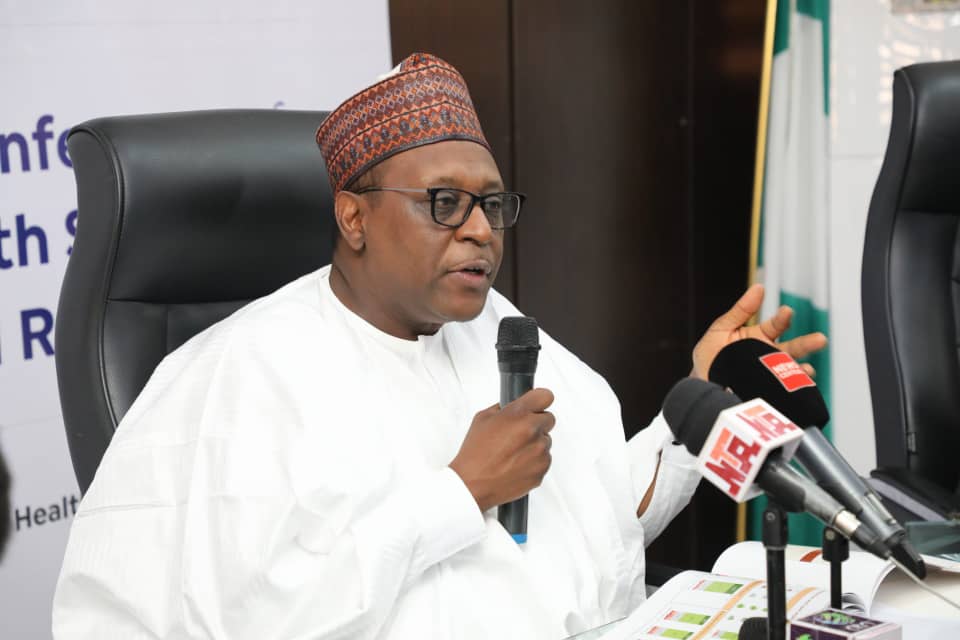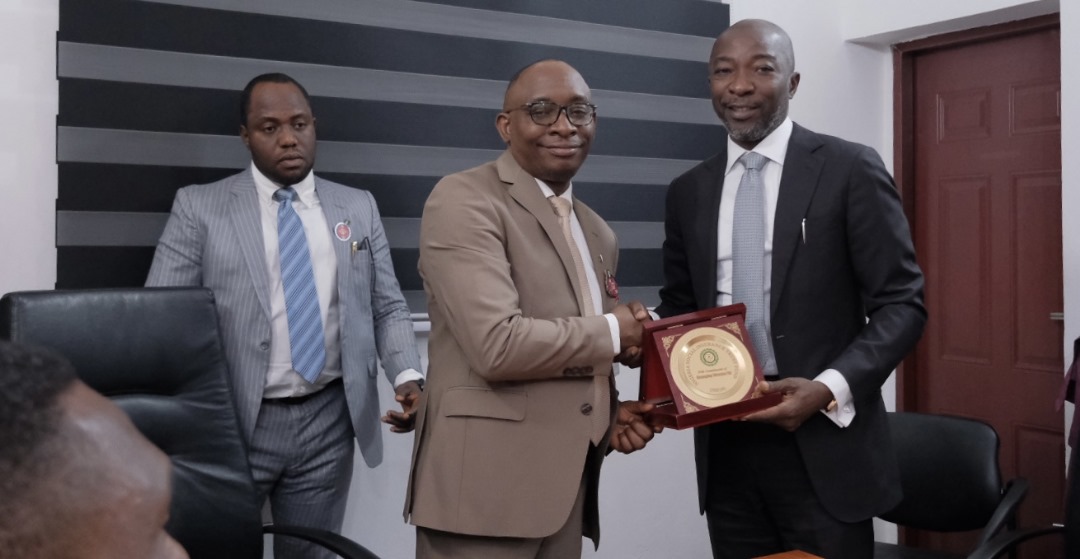
Brasilia – At the 15th BRICS Health Ministers’ Meeting held in Brasilia, Brazil, the Federal Government of Nigeria, through its Minister of State for Health and Social Welfare, Dr. Iziaq Adekunle Salako, reaffirmed its commitment to tackling global health challenges through stronger cooperation, domestic reforms, and strategic investment.
This was made known in a press statement signed by Alaba Balogun, Deputy Director, Information and Public Relations on Wednesday.
Delivering Nigeria’s national statement at the Itamaraty Palace (venue of the meeting) on Tuesday, Dr. Salako emphasized the importance of global solidarity in confronting the complex and interconnected threats facing public health systems including non-communicable diseases (NCDs), pandemics, antimicrobial resistance (AMR), climate change, and dwindling health funding.
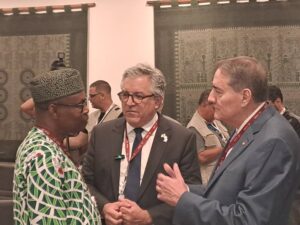
Dr. Salako outlined the ongoing implementation of Nigeria’s Health Sector Renewal Investment Initiative, the operational arm of President Bola Ahmed Tinubu’s Renewed Hope Agenda. The initiative is anchored on four pillars: effective governance, an efficient and equitable health system, unlocking healthcare value chain
and health security.
According to the Minister of State for Health, digitalization, smarter spending, data-driven decision-making, and cultural transformation were cited as cross-cutting themes. “In a significant shift toward self-reliance, Nigeria is increasing domestic resource mobilization and enhancing its pharmaceutical and diagnostic production capacity. This includes revitalizing primary healthcare, promoting pooled procurement mechanisms, and scaling digital health and artificial intelligence tools across the system.”
One of the standout achievements mentioned was Nigeria’s HPV vaccination campaign. Dr. Salako reported that over 14 million girls aged 9–14 were vaccinated by May 2025, the highest number achieved globally in a single round.
In response to a decline in Official Development Assistance (ODA), he highlighted that Nigeria committed an additional $200 million in its 2025 budget to sustain its AIDS, Tuberculosis, and Malaria programs.
Additionally, the Minister informed his fellow BRICS counterparts that Nigeria is addressing the social determinants of health and introducing policies to reduce the modifiable risk factors of non-communicable diseases.
Nigeria’s proactive stance includes hosting the next high-level ministerial conference on antimicrobial resistance in June 2026 in Abuja. Dr. Salako also invited deeper partnerships with BRICS nations on pharmaceutical innovation, biomedical research, phytomedicine development, and academic exchange programs.
READ ALSO: Fidelity Bank Distributes Food Packs to 1,500 Mokwa Residents Affected by Flood
NEMA, IQAN Forge Partnership to Elevate Quality Standards in Emergency Management
“Our collective efforts will serve as an impetus to achieve SDG Goal 3 ensuring healthy lives and promoting well-being for all without leaving anyone behind,” Dr. Salako concluded. “In the context of our shared humanity, we must act together. Humanity is one.”
The meeting, chaired by Brazil, underscored BRICS countries’ shared intent to build resilient, inclusive, and sustainable health systems amid global health uncertainties.

